
The Rise of Dawn
How the UK’s fastest AI supercomputer is supporting goals in clean energy, personalised medicine and climate.
Comprehensive, up-to-date coverage of the work of the Cambridge Open Zettascale Lab.


How the UK’s fastest AI supercomputer is supporting goals in clean energy, personalised medicine and climate.

Cambridge Open Zettascale Lab now recruiting!

Dawn enters the Top500.

oneAPI OpenMP at Cambridge.

The Cambridge Open Zettascale Lab is hosting Dawn, the UK’s fastest artificial intelligence (AI) supercomputer, which has been built by the University of Cambridge's Research Computing Services, Intel and Dell Technologies.

Cambridge Open Zettascale Lab researchers lay the foundation for future computing ecosystems with Intel® oneAPI Tools.
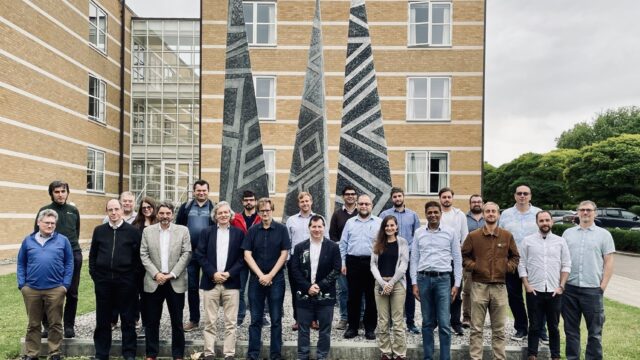
Thanks to everyone who participated in the ExCALIBUR International Extreme Data programme.
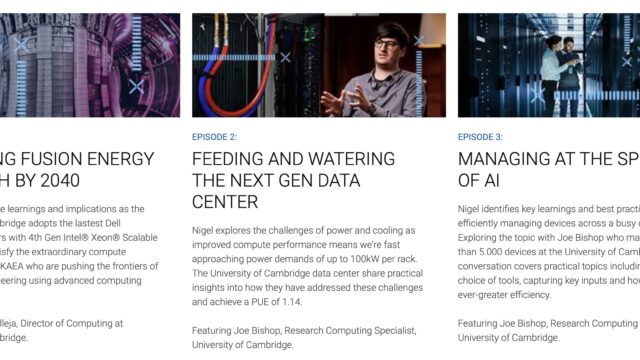
Dell's Accelerated Understanding microsite hosts the Research Computing Services, Intel and Dell Technologies film series on innovations in data centre technology.
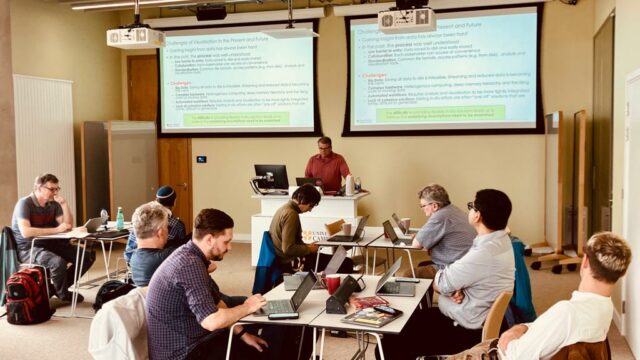
Our ExCALIBUR International Extreme Data programme kicked off on July 18 2023.
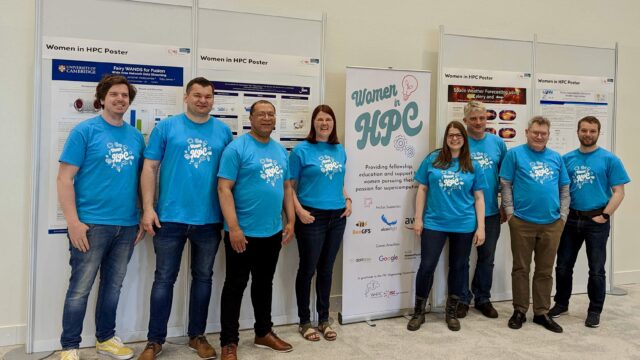
At ISC '23, Diversity Day saw the Research Computing Services and Cambridge Open Zettascale Lab teams supporting Women in HPC.
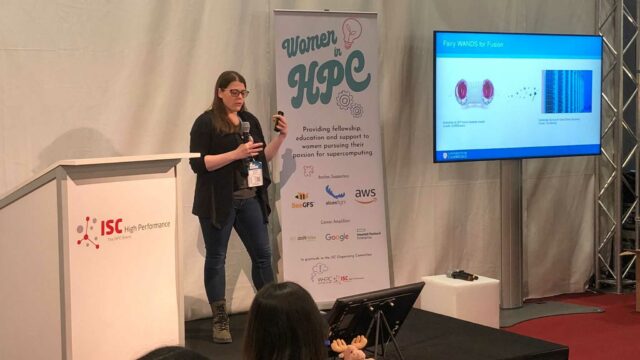
At ISC '23, Research Software Engineer Stefanie Reuter from the Cambridge Open Zettascale Lab gave a lightning talk.

Cambridge Open Zettascale Lab at the University of Cambridge has deployed the first Max GPU 'Ponte Vecchio' testbed in the UK.